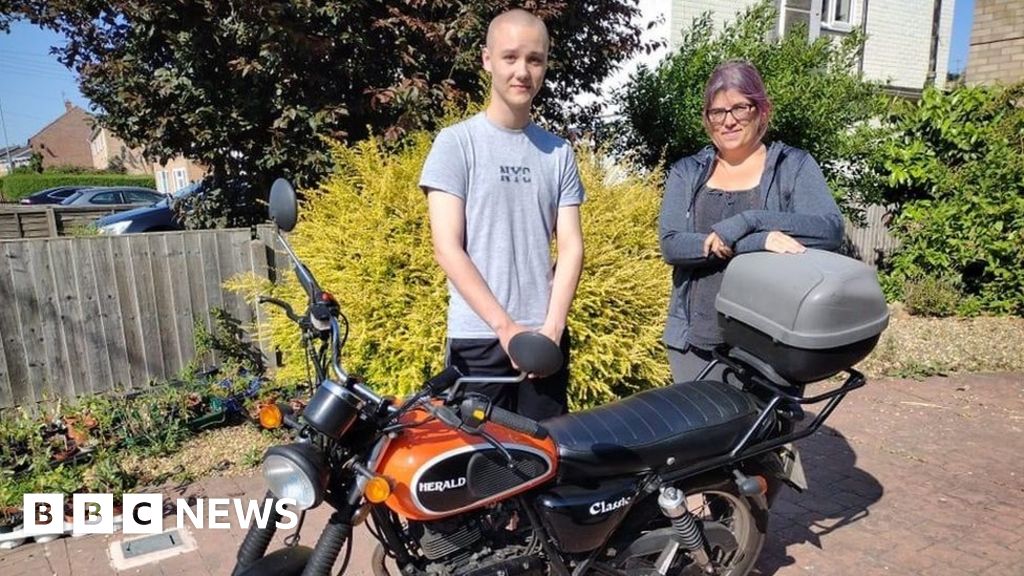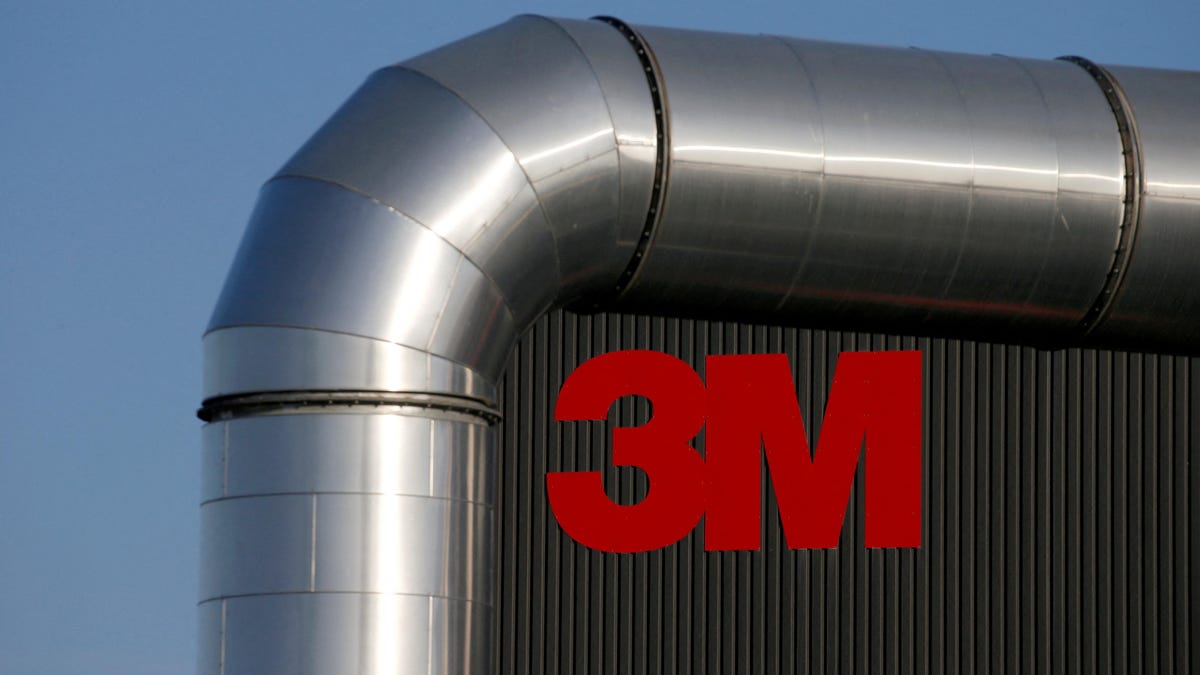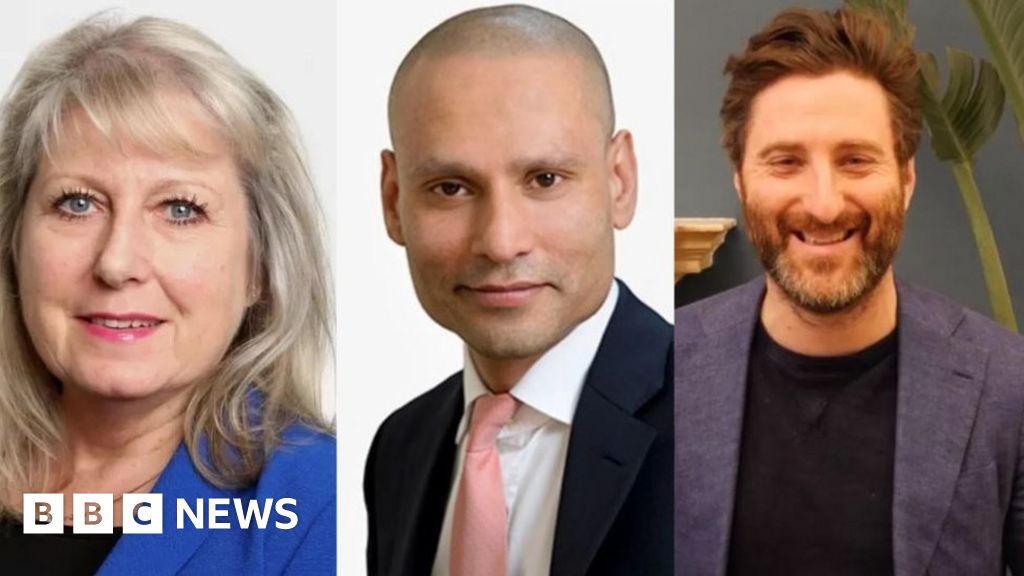Turkey returns to polls for presidential election run-off

President Recep Tayyip Erdogan, who has been in power for 20 years, is tipped to secure another five-year term after finishing just short of an outright victory in the first round.
His rival, Kemal Kilicdaroglu, is the leader of Turkey’s centre-left main opposition party and a six-party alliance who has promised to restore a more democratic society.
The 74-year-old former bureaucrat has described the run-off as a referendum on the country’s future.
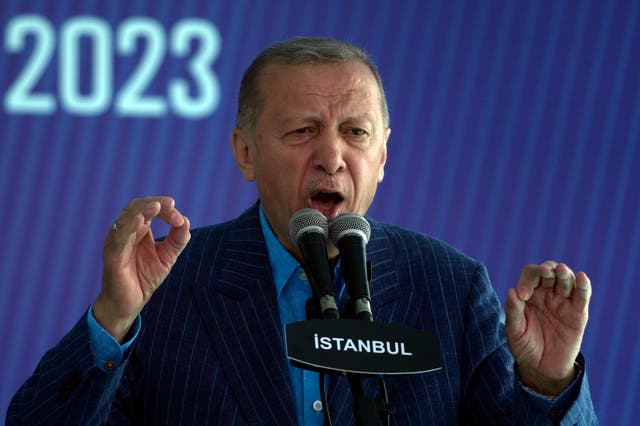
More than 64 million people are eligible to cast ballots with preliminary results expected within hours of the polls closing at 5pm local time on Sunday.
The outcome could have implications far beyond Ankara with Turkey playing a key role in Nato.
Turkey vetoed Sweden’s bid to join the alliance and purchased Russian missile-defence systems, prompting the United States to oust Turkey from a US-led fighter-jet project.
But Mr Erdogan’s government helped broker a deal which allowed Ukrainian grain shipments and averted a global food crisis.
The May 14 election – the first time Mr Erdogan did not win outright – saw an 87% turnout, and strong participation is expected again on Sunday.
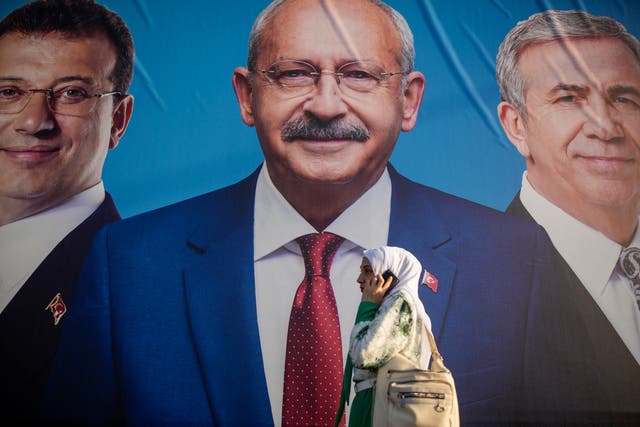
If he wins, Mr Erdogan, 69, could remain in power until 2028.
After three stints as prime minister and two as president, the devout Muslim who heads the conservative and religious Justice and Development Party, or AKP, is already Turkey’s longest-serving leader.
He transformed the presidency from a largely ceremonial role to a powerful office through a narrowly won 2017 referendum that scrapped Turkey’s parliamentary system of governance. He was the first directly elected president in 2014 and won the 2018 election that ushered in the executive presidency.
Critics blame Mr Erdogan’s unconventional economic policies for skyrocketing inflation that has fuelled a cost-of-living crisis while many also blamed his government for the slow response to the earthquake that killed more than 50,000 people in Turkey in February.
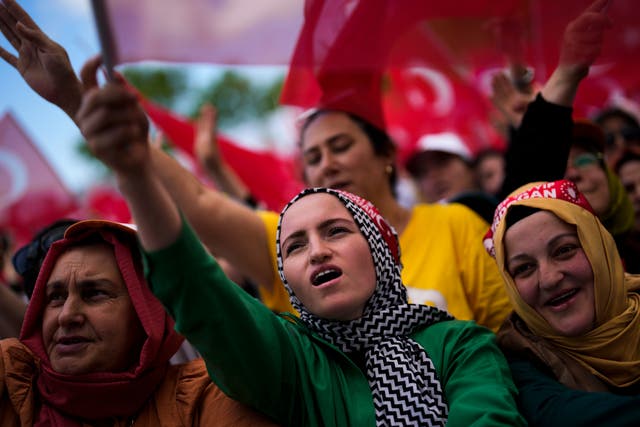
Mr Kilicdaroglu has led the pro-secular Republican People’s Party, or CHP, since 2010. He campaigned on a promise to reverse Mr Erdogan’s democratic backsliding, restore the economy by reverting to more conventional policies and to improve ties with the West.
In a frantic do-or-die effort to reach out to nationalist voters in the run-off, he vowed to send back refugees and ruled out any peace negotiations with Kurdish militants if he is elected.
Mr Erdogan received the endorsement of third-place candidate, nationalist politician Sinan Ogan, who garnered 5.2% of the votes and is no longer in the race. A staunchly anti-migrant party that had supported his candidacy, announced it would back Mr Kilicdaroglu.
Mr Erdogan’s AKP party and its allies retained a majority of seats in parliament following a legislative election on May 14.





